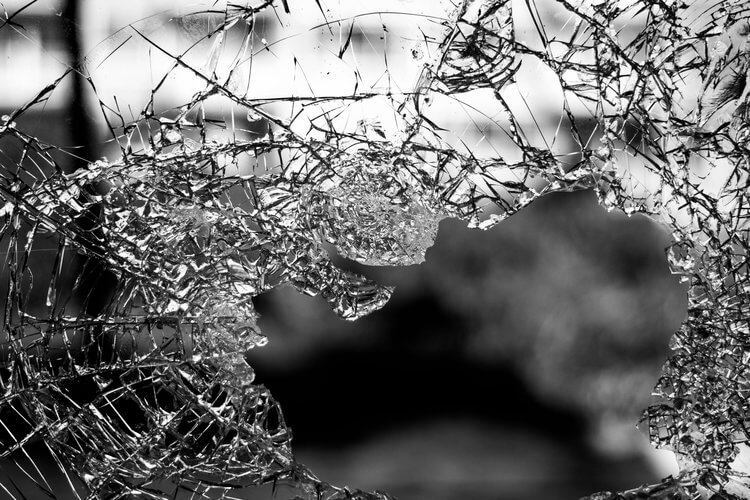As a parent, your job is to make sure your kids grow and develop in a safe and healthy environment. While it’s possible for you to control your immediate environment – your home – it’s simply not possible to ensure the greater world around your child is safe and free from trauma or natural disasters.
The latest research points to the utter futility of trying to keep kids shielded from any form of violence. According to Caroline Knorr, parenting editor for Common Sense Media, the online resource for vetting kids media, “Ninety percent of movies, 68% of video games, and 60% of TV shows show some depictions of violence.”
What does prolonged exposure to this media violence do to children’s brains and psyches? The research is woefully out of date and incomplete.
What we do know is that controlling what kind and how much media our children consume is far easier than shielding them from real-world violence and devastation.
No child should have to learn about a school shooting, terrorist attack, or the fact that adults and children were killed in an earthquake somewhere in the world. But protecting them from hard truths is not the answer.
The reality is that parents have to talk to kids about reality. Children will hear about terrifying events eventually, and it could scare your child more if you are reluctant to speak with them about it.
Here are some ways you can help your child understand terrifying events:
Try to Stay Calm
Children not only listen to the words you tell them, they, at the very same time, look for your emotional reaction. From this they gauge what is actually going on and how they should react.
Though it may be difficult, it’s important that you try and remain as calm as possible to reassure your child, while, at the same time, letting them know it’s okay for them to feel upset. A delicate balance? You could say that.
Determine What Your Child is Really Worried About
When children hear about scary events, they will have many questions, such as, “Did people die? Why would somebody hurt people? Were they bad people? Will I be killed by a bad person? Are we going to war?”
Some children will ask many more questions than this, but what they are really trying to determine is if THEY are safe. The answers you give should be truthful but age-appropriate, with a final assurance that your family is safe.
Keep Your Daily Routines
Scary stuff is unpredictable stuff. Therefore, your child will be reassured by predictability. Stick to your routines as best you can. Along with talking to your children about the events, make sure they have a sense of regularity in their lives.
Seek Professional Help if Necessary
If your child continues to show signs of stress or agitation, it might be a good idea to talk with a licensed mental health professional who can help your child express their concerns and offer coping strategies.
If you or a loved one has been affected by a traumatic event and would like to speak with someone, please be in touch. I would be happy to discuss how trauma therapy may be able to help.





